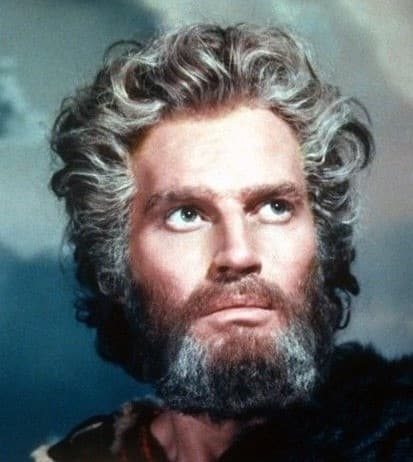The Home of a Godly Shepherd

This post was first published in January, 2015. —ed.
The pastor’s primary mission field is not his congregation or the surrounding community—it’s his own home. His abilities to communicate the gospel, to be a godly example, and to lead others in sanctification and godliness are never more accurately on display than in the lives of his family.
That’s why Paul included the quality of a man’s home life as one of the key qualifications for leadership in the church.
He must be one who manages his own household well, keeping his children under control with all dignity (but if a man does not know how to manage his own household, how will he take care of the church of God?).(1 Timothy 3:4–5)
It is not enough for the overseer to have an exemplary personal life, he must also have an exemplary home life. He must not be, like Talkative in Pilgrim’s Progress, “a saint abroad, and a devil at home.” The family is the proving ground for leadership skills.
Throughout history, there have been those who advocated celibacy for spiritual leaders. Such a faction existed in Ephesus (cf. 1 Timothy 4:3). In contrast, however, the Word of God assumes that a leader will be married and have a family. Although that does not eliminate single men, it is nevertheless the norm. Spiritual leaders are to be successful leaders in the family.
Leadership at Home
The word “manages” means the elder presides, or has authority over his household. In the home, as in the church, it is God’s plan for men to assume the leadership role.
Paul is also concerned about the quality of the elder’s leadership. “Well” is from kalos, a rich word that could also be translated excellently. Its meaning can be better understood by comparing it to agathos. Agathos means inherently, morally, or practically good. Kalos takes that a step further and adds the idea of aesthetically good, beautiful, and appealing to the eye. An elder must be one whose leadership in the home is not only intrinsically good, but also visibly good.
It is possible for a man to meet the moral qualifications for a pastor, yet be disqualified because of his evident lack of leadership in the home. A man who came to Christ later in life, after his wife and children had established patterns of behavior, and had a home in chaos, could serve the Lord, but not as an elder or a deacon (1 Timothy 3:12).
“Household” includes an elder’s family and more, because it reaches to everything connected with the home. He must be a good steward of his house and his finances—all the people and resources over which he has responsibility. Someone, for example, who managed his family well, but mismanaged his money and possessions, would be disqualified.
Further, a leader in the church must keep “his children under control with all dignity.” That qualification is not meant to exclude men without children, but merely assumes they will be present. Hupotagē (“under control”) is a military term. It speaks of lining up in rank under one in authority. An elder’s children are to be respectful and well-disciplined. “Dignity” includes courtesy, humility, and competence. It could be translated respect, or stateliness. An elder’s children must bring honor to their parents. The obvious implication is that his family is ordered, disciplined, not rebellious, as Paul adds in Titus 1:6, “not accused of dissipation or rebellion.”
Why Does His Leadership at Home Matter in the Church?
The reason a church leader must have a well-managed home is obvious: “If a man does not know how to manage his own household, how will he take care of the church of God?” (1 Timothy 3:5).
An elder is responsible for leading people to God, to holiness, to obedience, and to witness—crucial matters that must be tested and proven in his own home. Establishing a church culture of resolving conflict, building unity, maintaining love, and serving each other is a challenge that begins in the home. If he succeeds in his family, he is likely to succeed in God’s family. If not, he is disqualified.





